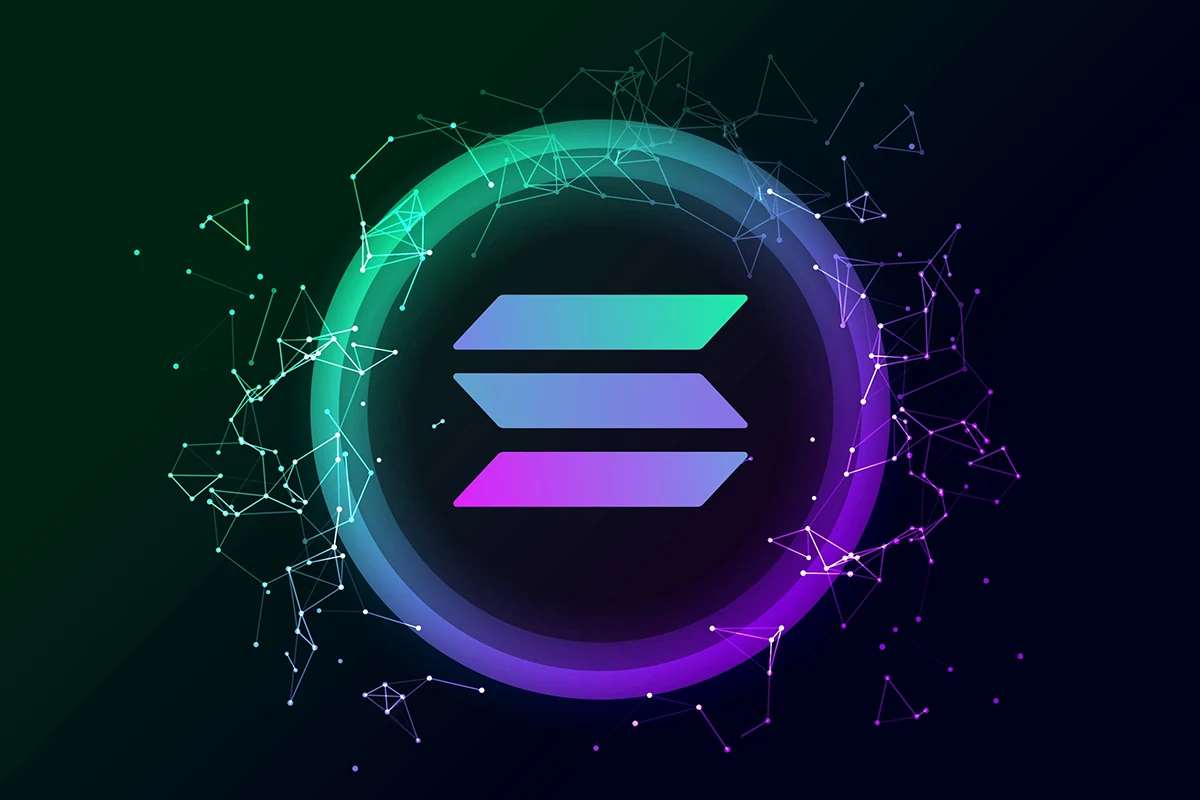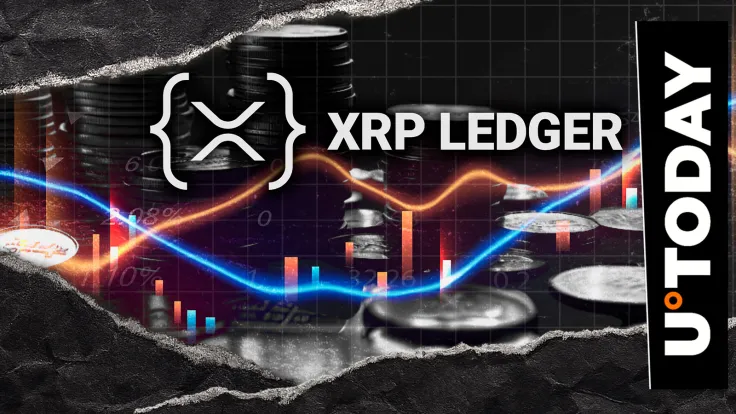Infura launches DIN AVS, introducing a decentralized RPC and API marketplace for EigenLayer.
PANews reported on November 17th that, according to The Block, Consensys' Infura team's Decentralized Infrastructure Network (DIN) will launch its Self-Validating Service (AVS) mainnet on EigenLayer, introducing economic security and decentralization to a field long dominated by a few centralized RPC providers. DIN is already integrated into MetaMask, the Ethereum Layer 2 network Linea, and Infura, handling over 13 billion requests monthly across Ethereum, multiple Layer 2 networks, and over 20 alternative Layer 1 networks. In the AVS model, node providers are rewarded for normal operation and accurate data, and penalized for downtime or errors.
The Infura team points out that relying on centralized RPC providers carries systemic risks, and service outages can impact wallets, dApps, and more. DIN will mitigate this issue through a decentralized RPC node supply protected by independent observer verification and stETH restaking, and will also receive support from ETH and EIGEN in the future. Its key features include permissionless access and independent performance verification. During the pilot phase, the incentivized testnet processed over 7 billion requests with a success rate exceeding 99% and a median latency of less than 250 milliseconds.
You May Also Like

Solana ETFs Market Grows with Fidelity and Canary Marinade’s New Funds

XRP analysts shift 2025 outlook as liquidity models evolve
